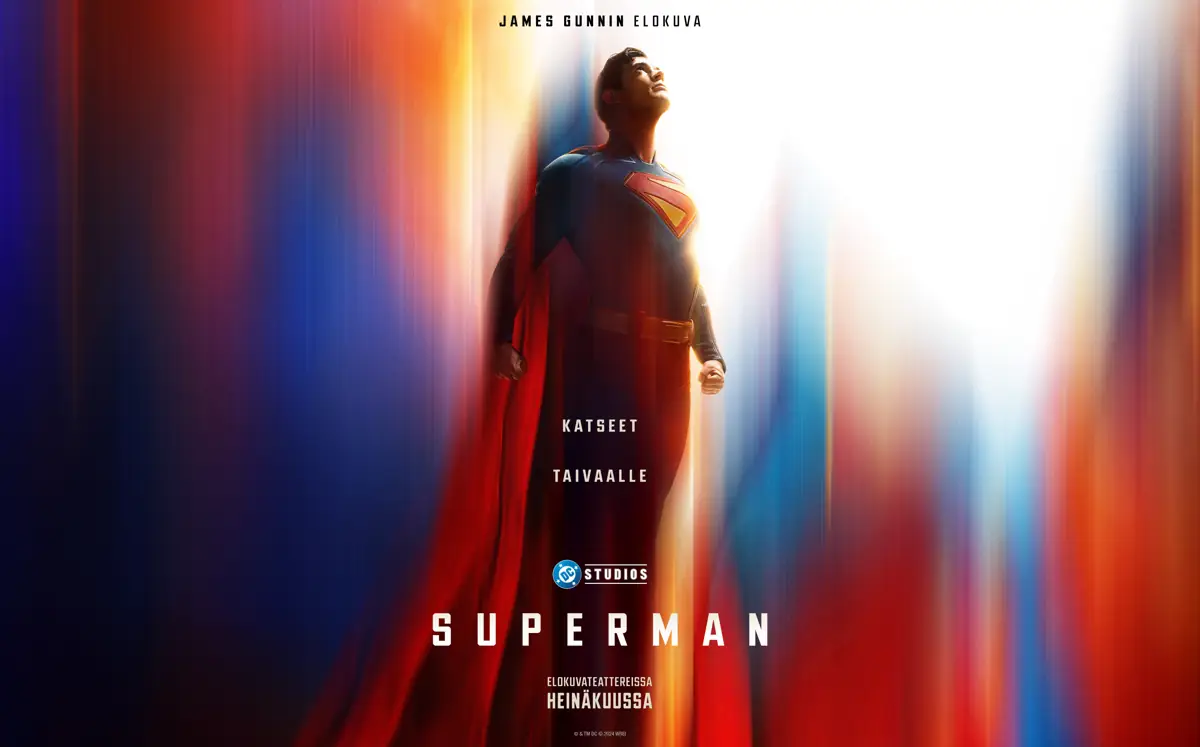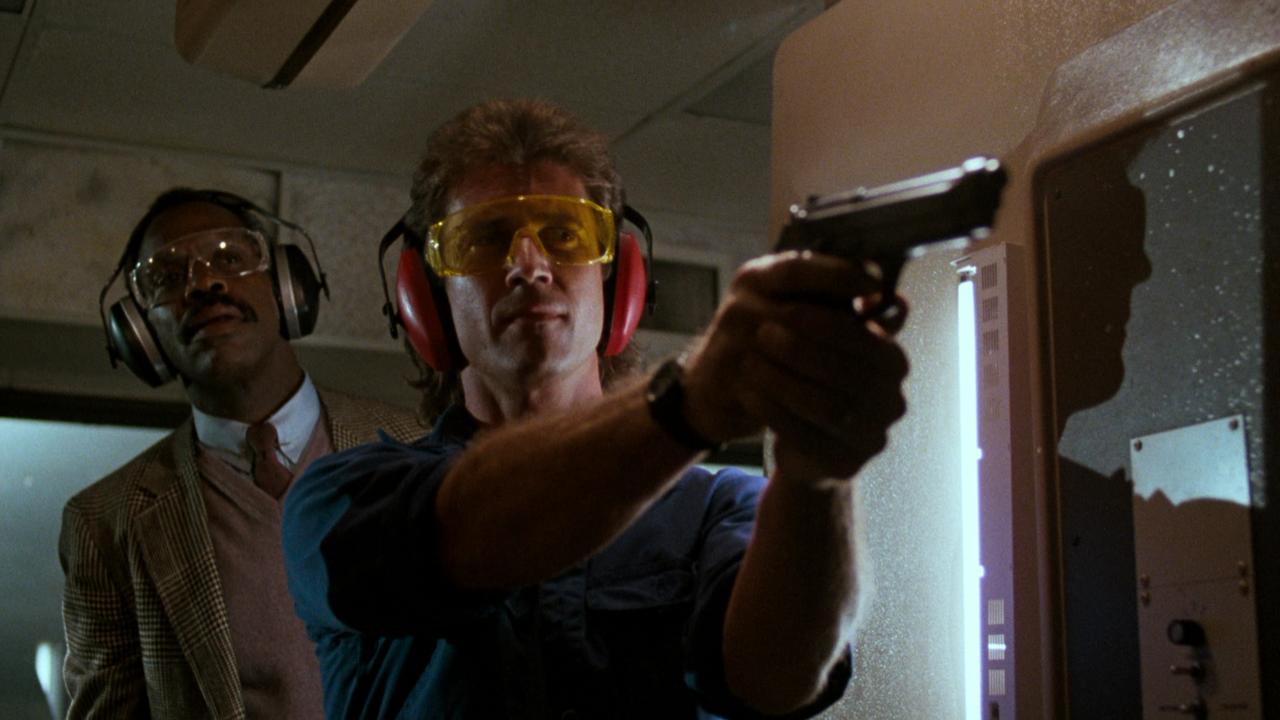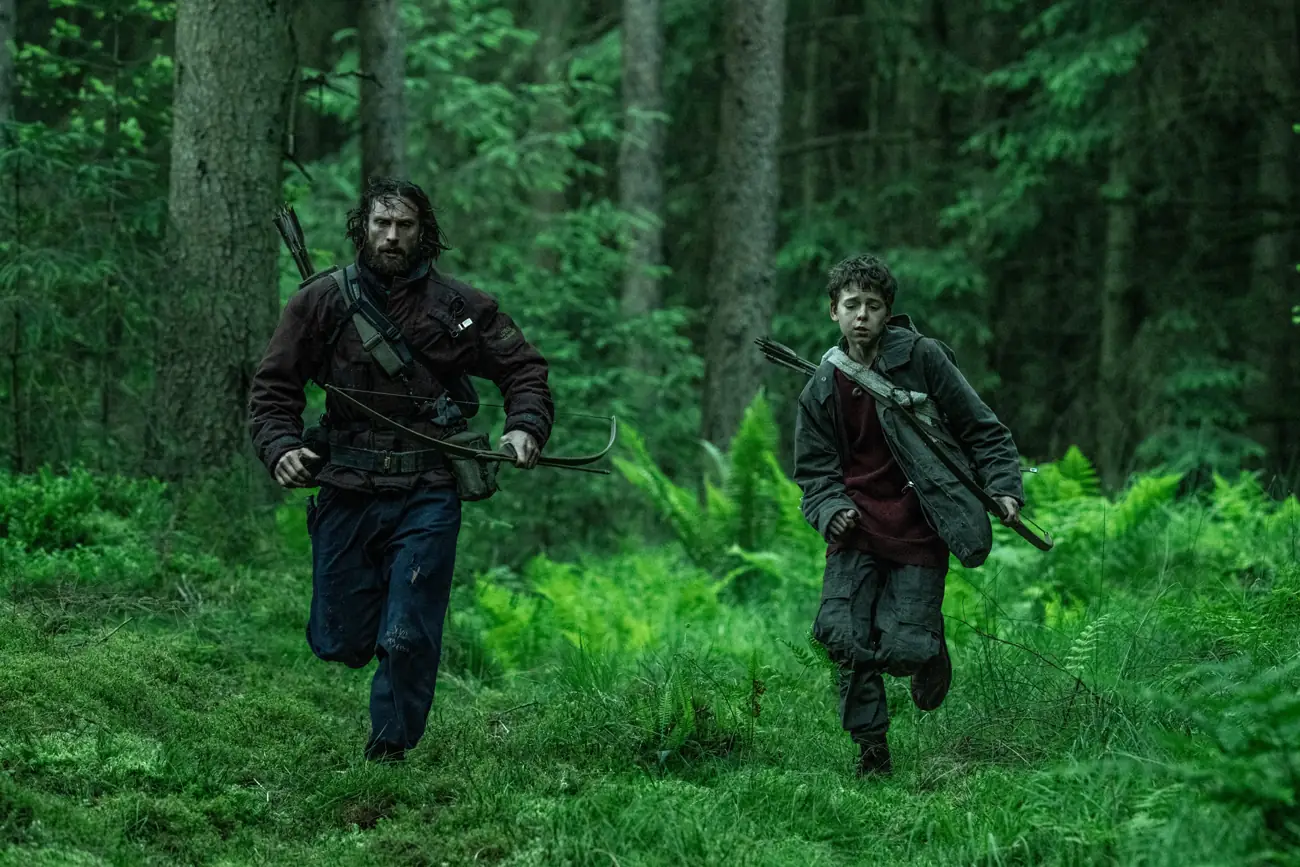★★★★★ | Promised land
In 2013, my partner and I immigrated to America, back to her home. We settled between the sprawl of Houston and Galveston. Inland, overlooking the swamps and factories. Less than four years later, we returned to Finland. In that time, we lost our jobs, all of our savings, and our house. Whatever American dream existed did so for someone else.
Watching Minari, I couldn’t help but drift back to that time. Only a few short years later, it feels like another life. In the hands of director Lee Isaac Chung, I could relive the pain, uncertainty, and, ultimately, the love and trust that pulled us through.
Minari is the story of three generations, told through the eyes of Korean immigrants. Worlds far removed from mine. It doesn’t matter. Chung’s intimately compassionate screenplay transcends all barriers of language, space, and time.
In 1983, the Yi family moves from California to rural Arkansas. The father, Jacob, has spent their savings on a piece of land nobody wants, far from the city. His plan is to grow Korean produce. The mother, Monica, desires to return to the life they left behind. Jacob calls it a dead end, but it’s their dead end. Something they paved together. Their children, David and Anne, find themselves lost in navigating the cultural barriers of multiple worlds. Not just between Korea and America, but also the two Americas within the country itself.
As time quietly flows by, we witness their trials, shortcomings, and quiet victories. There isn’t much in the way of plot, but that’s not the point. Minari is a slice of life; a lingering piece of reality captured in fiction. It settles in the soul and stays there.
This is a film cast with people you’d expect to meet in any city. They feel natural and real, without a single phony note emanating from any of them. Steven Yeun, Han Ye-ri, and Youn Yuh-Jung (who won an Oscar for the part) craft an impeccable leading trio. Even the children, played by Alan Kim and Noel Kate Cho, are immaculate, as well. They navigate the subtle and difficult parts with ease.
Yeun and Ye-ri could fill a stadium with their presence. They communicate the trials of a long and troubled marriage with small gestures and lingering looks. Each of them wants to say so much, yet can’t or doesn’t know the words. Each fears a loss of something, and neither can quite describe what that is. They clash out of desperation and come together again in hopes of solace. It’s an honest, heart-wrenching portrait of partnership. As true as anything ever put on screen.
Equally affecting is how Ye-ri tries to balance her homesickness with a self-inflicted duty she struggles to bear. Her children are growing up as Americans; cultural aliens to her upbringing in Korea. Her daughter is already beyond molding, so she dotes on her sickly son. He speaks a mixture of Korean and English, liberally borrowing words from both. But the cultural roots are already taking hold. His memory of her homeland is only what she describes it to be. Ye-ri communicates the anguish of losing touch with home on both a physical and emotional level that wrenches the soul. Anyone who has ever moved abroad will be able to relate. Anyone with a soul can empathize.
Yuh-Jung, as Monica’s mother, is equally superb as the family matriarch in her twilight years. She probably once was something else to her daughter than she is now. Monica worries she has failed her, and there’s an unspoken expectation neither acknowledges. But now, as life wraps up, Yuh-Jung couldn’t care less. Her performance is dry and comic, but also touching and sobering. There’s so much said about her years that come through in half-muttered sentences and gestures.
Supporting the cast is the ever-graceful Will Patton, who’s always a joy to see on screen. He plays the traumatized Paul, who befriends the Yi family through an almost persistent kindness they can’t refuse. His past haunts him, and not everything is right in his head. In a touching scene, he mentions to Jacob how he knows some Korean through his travels. Mainly by serving in the Korean War. The men leave the implication hanging in the air, then drop it entirely. But history teaches us how American occupations of foreign lands tend to go. Whatever pain Paul carries with him is hurting so bad he can barely communicate it. All that’s left are small, futile gestures to make amends.
Chung’s screenplay is intelligent like this. It allows moments to flourish by not insisting on them. There’s no indication of how much time passes. We can glean something from casual mentions or how Jacob’s garden grows. It doesn’t matter, either. There’s rarely a time in our lives we can pinpoint when something significant happens. Only years later can we identify meaning to things, if even then.
Minari itself is a plant with a unique cycle; it must first die to flourish. But eventually, over time, it will grow anywhere. As we watch the Yi family uproot themselves, it takes time and hardship for their lives to find a track. When we first meet them, they’re on an open road heading to an unknown destination. They’re nomadic, without a place to return to in a country they’re can’t tame.
During two hours, Chung re-creates the American dream, told through the eyes of those who were there to build it. In doing so, he’s created a modern classic. An emotional relative to Steinbeck, where we can experience the full scale of human emotion.
I loved every second of this film. It’s a treasure to cherish for all time.













Discussion